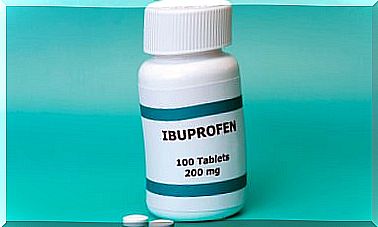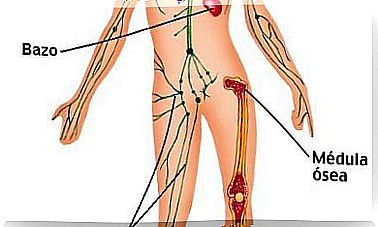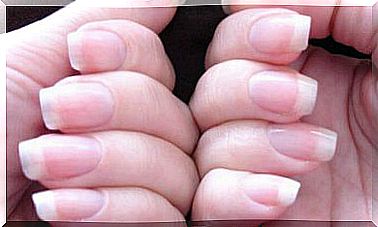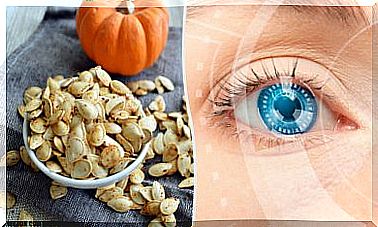Warning Signs Of Dangerous Diets
In recent years, a series of proposals for dietary treatment for obesity of unproven efficacy have proliferated , such as the “miracle diets”. These diets, far from helping us, could bring us serious health problems. In this article, you know the warning signs of following these dangerous diets.
Does the pineapple, tuna or protein regimen sound familiar to you? You will surely know of someone who lost weight thanks to these famous “miracle diets”. However, as they lost weight, they gained it again, in addition to suffering other health consequences.
What are dangerous diets?
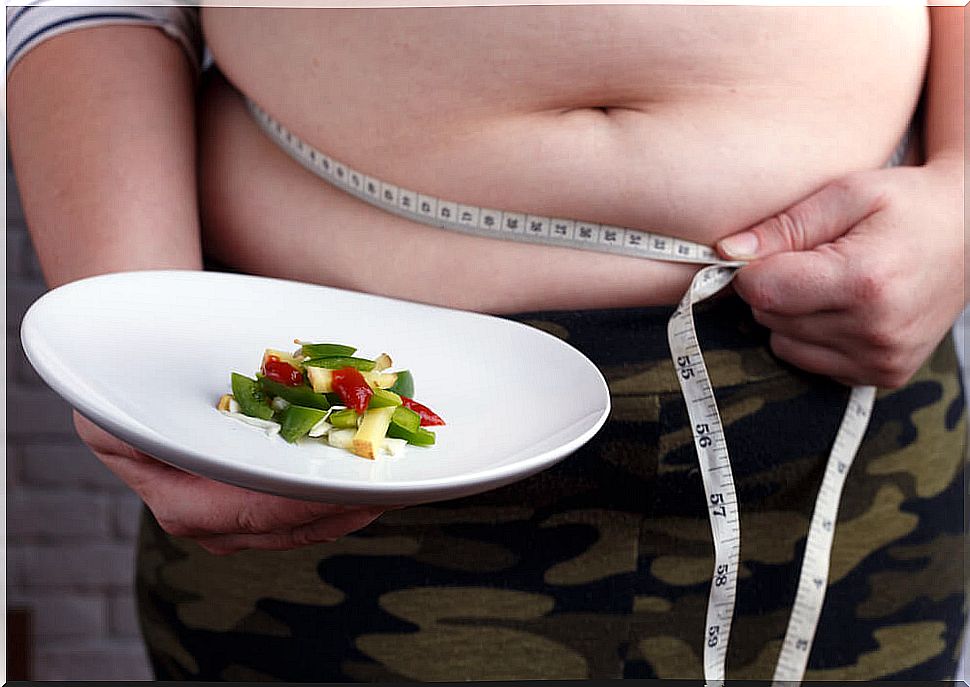
When we talk about dangerous diets we talk about malnutrition due to macronutrient deficiency or excess. There are people who make diets found on the Internet which help you lose weight quickly. But when they stop doing it, they gain more weight, which is known as the rebound effect.
In the long term, they are people who suffer from dyslipidemia problems: cholesterol, high triglycerides, etc. These diets lack a proven scientific basis and respond to simple opinions, many of them totally dangerous and absurd.
Some Warning Signs of Dangerous Diets
By following a diet that could be harmful to your health, you will be able to tell if in the short term you notice these warning signs that your body will send you:
- Hair loss: You may be suffering from a certain deficiency of vitamin B8 or biotin. The appearance of gray hair, reddened and flaky skin and brittle nails also warn of this, as well as muscle pain.
- Lack of energy: If vitamins C and group B are lacking, the body makes an extra effort that can cause fatigue, accompanied by a certain apathy and drowsiness. Vitamin C has also been shown to be especially important in the functioning of the immune system.
- Scalp flaking: This could indicate a possible fatty acid deficiency. Essential fatty acids, like omega 3s, are a lubricant for the body.
- Sores and wounds in the mouth: The habitual presence of sores and wounds in the mouth can alert you that you have a lack of vitamin B12. Eat more lean poultry, red meat, and eggs. Also anemia is related to the lack of this nutrient.
- Tingling or tingling in the hands or feet: A low presence of B vitamins such as folate (B9), B6 and B12 is related to peripheral nerve problems, which can cause anxiety, depression and hormonal imbalances.
Consequences of dangerous diets
Very restrictive diets, very low in calories, although they reduce weight in the short term, constitute an unacceptable risk to health, since they can:
- Aggravate the metabolic risk of people.
- Cause protein malnutrition and vitamin and mineral deficiencies, according to a study published in Diet Activity .
- Trigger eating behavior disorders (anorexia and bulimia), sometimes more serious than the excess weight that was intended to be corrected.
- Produce negative psychological effects.
- Favor the rebound effect.
How should a diet be
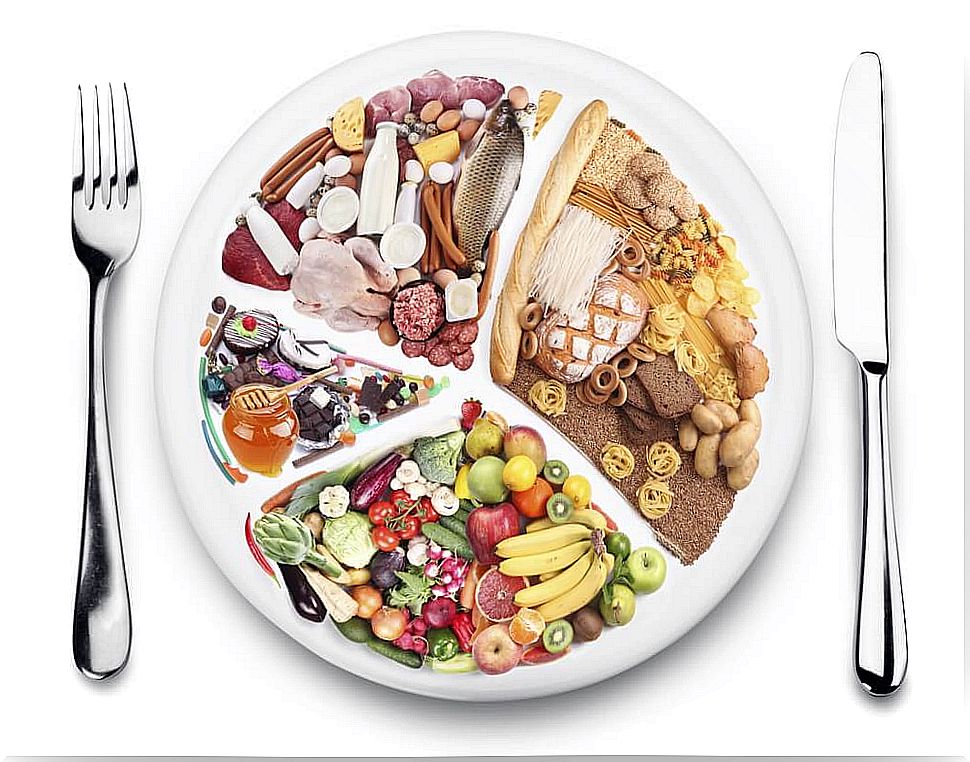
For a diet to be effective and also not pose a risk to health, it must meet a series of requirements:
- First, a gradual, gradual and moderate weight loss should be sought. To do this, without making nutritional deficits, you usually need to eat between 20 and 25 calories per kilo of actual weight.
- The balanced intake of nutrients is very important to be able to lose weight in a healthy way, so that the different nutrients must be distributed in the different food groups.
- A minimum of 40 – 50% carbohydrates daily is needed for the proper functioning of the nervous system (brain, nerves) and for the proper functioning of the heart and blood cells (red blood cells, white blood cells and platelets).
- Between 2 0 and 30% of the calories in the diet must be provided by proteins. The foods with the highest protein content are meat, fish, eggs, aged cheese and nuts.
- The 30-35% will be contributed by fat. This last nutrient is the one that needs to be restricted the most despite the fact that many unscientific or little proven diets claim otherwise.
Improve weight loss habits
In conclusion, it is better to lose weight more slowly and progressively (it will last longer) than to lose weight too quickly and dangerous for your health. To lose weight successfully it is necessary to make small changes in the lifestyle that persist over time and thus lose weight little by little.

